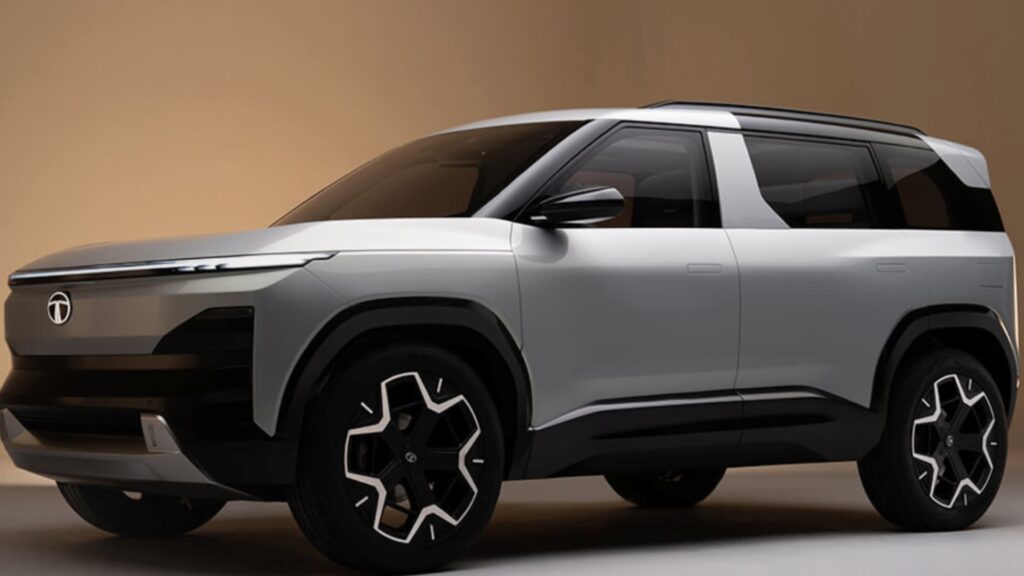India has made significant strides towards promoting electric mobility in recent years, launching various schemes and incentives to encourage the adoption of electric vehicles (EVs). This transition towards EVs is expected to reduce dependence on fossil fuels, improve air quality, and cut carbon emissions. In this article we’ll look at both the opportunities and challenges that lie ahead for EVs in India.
Opportunities
Government Support: To encourage electric vehicle adoption in India, the Indian government has implemented various schemes and incentives. For instance, the Faster Adoption and Manufacturing of Electric Vehicles (FAME) scheme provides subsidies to buyers of EVs, making EVs more accessible for everyday Indian consumers.
Lower Operating Costs
Operating an electric vehicle (EV) is significantly less expensive than that of a traditional petrol or diesel car due to fewer moving parts, easier upkeep requirements and lower fuel expenses. This makes EVs attractive options for consumers looking to save money in the long term.
Environment-Friendly
Electric vehicles (EVs) emit significantly fewer greenhouse gases than traditional petrol or diesel cars, making them an appealing option for consumers who care about the environment.
Challenges
Absence of Charging Infrastructure: India faces a major hurdle when it comes to adopting electric vehicles due to a lack of charging infrastructure. With only a few hundred stations nationwide, consumers are unable to charge their EVs while on-the-go. To promote the uptake of EVs, the government needs to invest in creating an extensive charging network.
High upfront costs
While electric vehicle (EV) operating costs have come down, their purchase costs remain relatively high. This makes it difficult for the average Indian consumer to afford an EV. To make EVs more accessible to people in India, government needs to provide subsidies and incentives in the form of rebates or discounts.
Range Anxiety
Range anxiety refers to the fear of running out of battery while driving an electric vehicle (EV). This poses a major concern for consumers, particularly those who must travel long distances. The government should invest in developing more energy-efficient batteries that provide longer range for EVs.

Conclusion
India’s prospects for electric vehicles (EVs) appear promising. The government has demonstrated its dedication to promoting them through various schemes and incentives, but there remain obstacles that need to be addressed. Lack of charging infrastructure and high upfront costs should be the major ones addressed.
By investing in developing an adequate charging network as well as offering more subsidies and incentives, the government can encourage greater adoption of EVs across India.
